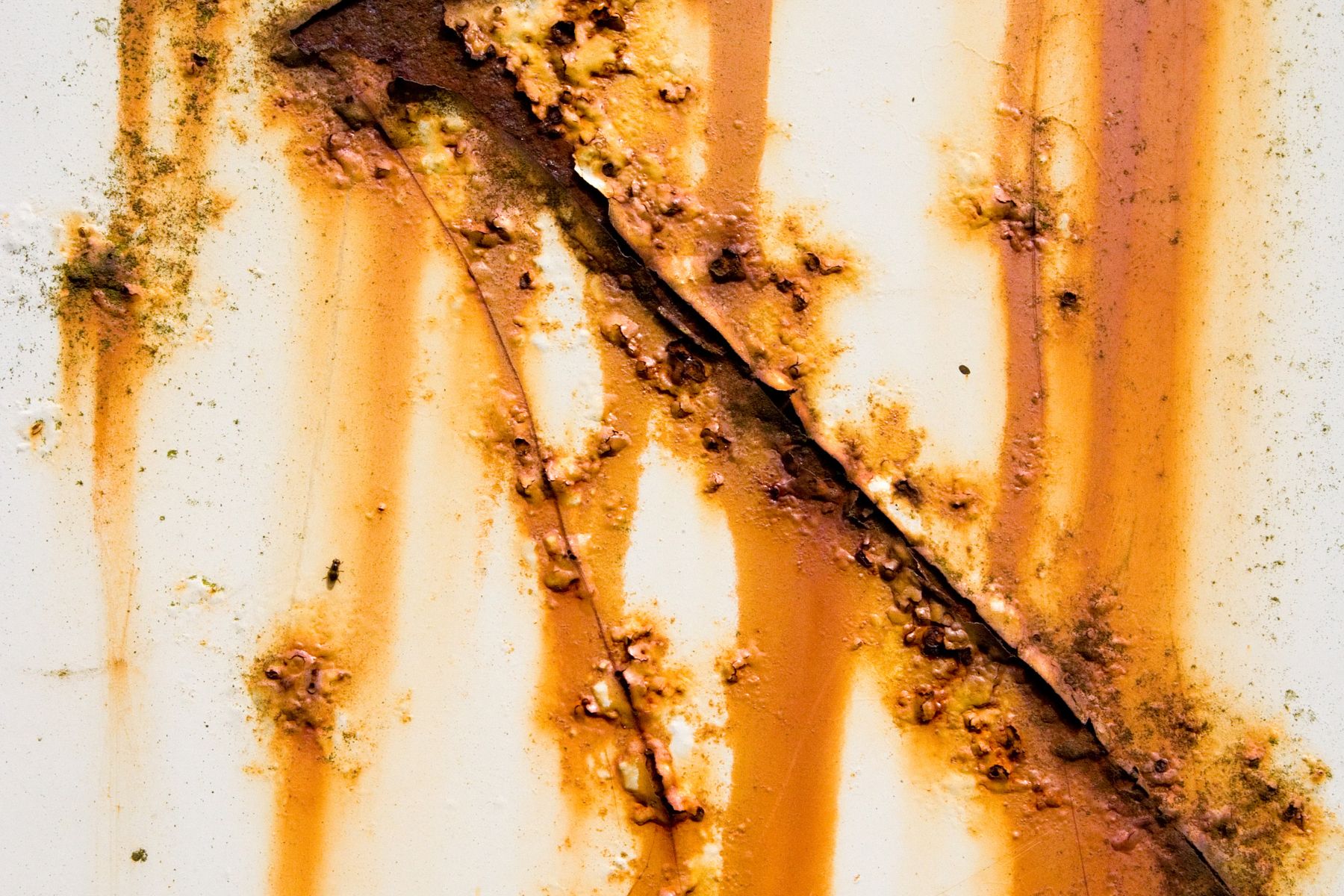2 min read
Finding a Solution: Testing & Validation of Composite Repairs for SCC
 David Futch, PE
8/4/23 12:26 PM
David Futch, PE
8/4/23 12:26 PM

Composite Repairs on Aging Pipeline Systems
The use of composite repairs for features in pipeline systems, such as corrosion and dents, is widely accepted in the industry as a solution for rehabilitating aging pipes. However, the traditional methods have only been proven effective on singular, shorter cracks. More performance validation and testing on composite repairs on stress corrosion cracking (SCC) are needed.
A Closer Look at SCC
Stress corrosion cracking (SCC) is the formation of cracks caused by factors in the environment surrounding the pipeline. It occurs due to the presence of both corrosion—which is related to the material of the pipe and the effect the environment has on it—and tensile stress, which can be caused by various factors related to the function and operation of the pipeline. SCC is manifested in colonies of cracks that run parallel on the outer surface of the pipeline, rather than singular cracking, and it can be present along the entire pipeline, rather than in shorter (around 3-inch) sections.
What We Know About Composite Repairs on SCC
While SCC failures take years to appear, it is costly and destructive when it does. Selecting the most cost-effective and appropriate repair method hopefully prevents this from occurring. Because SCC is not just one crack but many and because it spans longer distances on a pipeline, composite repair techniques require further research and validation to be established as effective repair methods for SCC features.
Finding Solutions for SCC Repair
In a recent project, ADV Integrity conducted two test programs on two different vintage pipeline materials with SCC with the goal of validating the use of composite repairs to reinforce SCC. In both phases, an engineered carbon system, made up of bi-directional carbon fiber and epoxy resin, was used to repair the acquired pipeline materials. When repaired this system, there was a reduction in delta (peak-to-peak) strain across the crack monitored. This reduction would theoretically result in a longer life in the repaired pipe feature. From the strain aspect, ADV Integrity also discovered that a higher layer count in the composite repair resulted in a more effective repair. The testing revealed a life extension of the pipeline of greater than 100 years of equivalent service.
The Future of Composite Repairs on SCC
The result of ADV Integrity’s testing program is validation that a properly designed and installed engineered carbon fiber repair system can successfully reinforce SCC. It is important to emphasize that the repair system must be properly designed with a comprehensive knowledge of fracture mechanics.
When selecting a composite repair method for SCC cracks, it's crucial to consider factors such as crack depth, the effect of pressure reduction during installation, the cyclic life of the composite and crack, and the material's fracture toughness.
The testing program designed by ADV Integrity is an early step forward in validating composite repair technology to be effective for SCC.
Originally published on January 20, 2023

